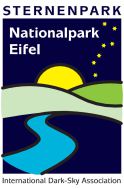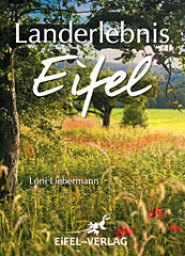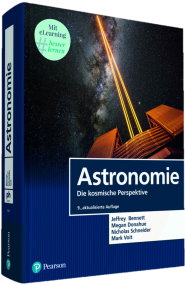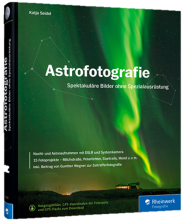EUROPARC
The EUROPARC Federation is the network for Europe’s natural and cultural heritage. Created by our members, the Federation works, to improve the management of Protected Areas in Europe through international cooperation, exchange of ideas and experience, and by influencing policy.
As the representative body of Europe’s Protected Areas we are the collective voice for all nature and landscape areas and we seek to build a stronger, unifying, European network organisation that is better placed to support our members and to respond to current and future challenges Europe’s nature is facing.
The EUROPARC Federation is dedicated to practical nature conservation and sustainable development of Europe’s biodiversity, fostering holistic landscape approaches in its management.
We come together from across Europe, with a shared passion for nature and landscapes to look beyond our parks and highlight their importance to the environmental, social and economic development of our regions, countries and European society.
Astronomie-Werkstatt "Sterne ohne Grenzen" is member of EUROPARC Federation.
Side Meeting @ EUROPARC Conference 2016 18-22 October 2016
Thursday 20 in the afternoon after the workshops and before the marketplace
The ecological value of darkness: Avoiding light pollution as a mission of nature conservation
This side meeting highlights the ecological importance of darkness and discusses methods to avoid light pollution as a mission of nature conservation using the example of International Dark Sky Park Eifel National Park and a current project of Naturpark Nordeifel e.V. in Germany.
Ecologists have long studied the critical role of natural light in regulating species interactions, but, with limited exceptions, have not investigated the consequences of artificial night lighting. In the past century, the extent and intensity of artificial night lighting has increased such that it has substantial effects on the biology and ecology of species in the wild. We distinguish “astronomical light pollution”, which obscures the view of the night sky, from “ecological light pollution”, which alters natural light regimes in terrestrial and aquatic ecosystems. Some of the catastrophic consequences of light for certain taxonomic groups are well known, such as the deaths of migratory birds around tall lighted structures, and those of hatchling sea turtles disoriented by lights on their natal beaches. The more subtle influences of artificial night lighting on the behavior and community ecology of species are less well recognized, and constitute a new focus for research in ecology and a pressing conservation challenge.
Front Ecol Environ 2004; 2(4): 191–198
More info on www.sterne-ohne-grenzen.de/projekte/europarc
Details and materials will be available here soon.







